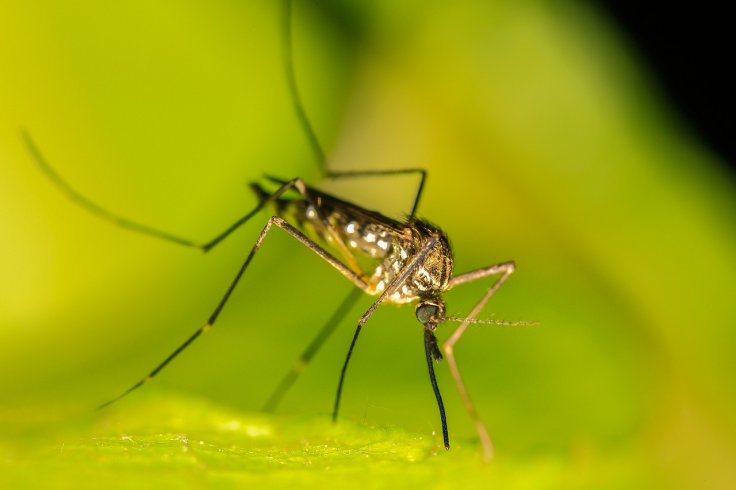While people are still trying to deal with the Coronavirus, another health threat would be too much to handle. But it looks like other diseases are not leaving us alone at all.
In the midst of this pandemic, reports revealed the emergence of a rare and dangerous mosquito-borne virus Eastern equine encephalitis in the US' Michigan, while the small insects turn an entire Chinese apartment complex into their sweet home.

EEE in the US
The Michigan Department of Health and Human Services (MDHHS) said on Tuesday, September 15 that a man Barry County is suspected of having the Eastern equine encephalitis—almost 30 percent of people with this infection died, and many survivors face neurologic problems.
MDHHS asked people living in 10 Michigan counties—Barry, Clare, Jackson, Kent, Mecosta, Ionia, Isabella, Montcalm, Newaygo, and Oakland—to cancel or postpone outdoor events that take place at or after evening, as a protection from the viral infection that is one of the deadliest mosquito-borne diseases in the US.
Dr. Joneigh Khaldun, chief medical executive and chief deputy for health at MDHHS, stated that the healthcare department continues to encourage local officials in the affected areas to consider postponing, rescheduling, or canceling outdoor activities occurring at or after dusk, "particularly those involving children, to reduce the potential for people to be bitten by mosquitoes."
China's 'Vertical Forest'
The experimental green project at Chengdu's Qiyi City Forest Garden in China attracted buyers for all 826 apartments but the "vertical forest" has also become the nest of mosquitoes.
As reported only a handful of families (10 families) have moved into China's own "vertical forest"—with manicured gardens on every balcony—because of an infestation in the complex that was built in 2018. As every private balcony designed to provide space for plants to grow, instead of becoming a modern eco-paradise, the towers look like the set of a post-apocalyptic film and have become populated with mosquitoes.

As per a study, "With the continuous development and improvement of mosquito and mosquito-associated virus surveillance systems in China, many novel mosquito-associated viruses have been discovered in recent years." The research report also noted that dengue fever has shown an increasing drift especially in the four main hotspot areas, namely Guangdong, Fujian, Zhejiang, and more recently Yunnan.
As per the China National Notifiable Disease Surveillance System, between 2002–2016, the incidence ranged from 0.01 to 3.46 per 100,000 people, with a total of seven fatalities reported. In the year 2014, there were more than 44,000 reported cases of dengue fever, which was the highest ever number of dengue infections per year in the historical records.








